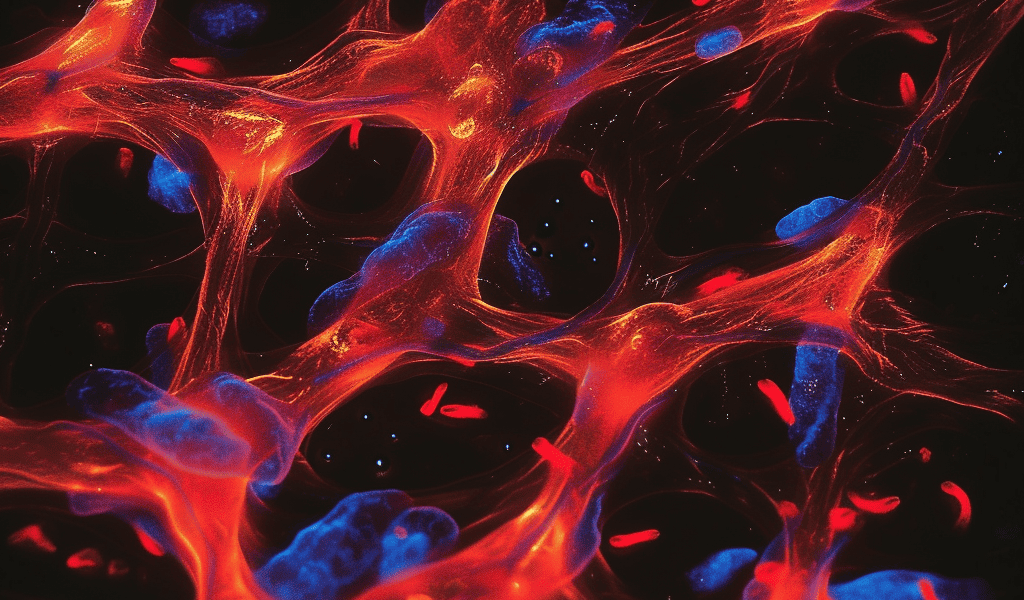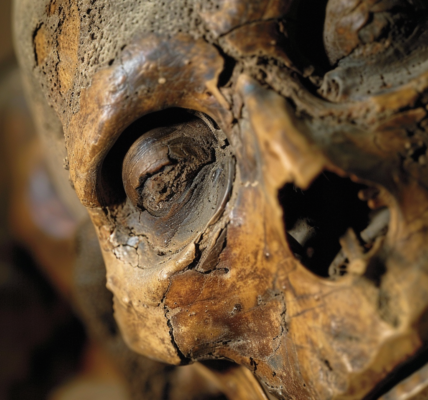Biomedical engineers at Duke University have made a groundbreaking discovery that could revolutionize the treatment of heart disease. In a recent study published in the journal Science Advances, researchers demonstrated that a genetic mutation commonly found in skin cancers, specifically in the protein BRAF, could potentially be utilized to stimulate the growth of heart muscle tissue.
The BRAF mutation, a key player in the MAPK signaling pathway known to promote cell division, is prevalent in melanoma patients and is considered one of the most aggressive mutations. By introducing this mutation to rat heart tissue cultivated in a laboratory setting, the researchers observed a significant induction of growth.
Repairing cardiac muscle following a heart attack has long been a challenge in the field of cardiology, as the heart tissue does not possess natural regenerative capabilities. One potential strategy for addressing this issue involves encouraging heart muscle cells to divide by delivering a therapeutic gene to patients and precisely controlling its activity within the heart.
The study, led by Nenad Bursac, a professor of biomedical engineering at Duke University, and Ph.D. student Nicholas Strash, focused on neonatal rat heart cells grown in a 3D hydrogel environment developed by the research team. This environment provides the necessary cues for the cells to mature into adult-like heart muscle tissues, where cell division naturally ceases.
To prompt the muscle cells to divide and grow, the researchers infected them with a virus carrying the mutated BRAF gene. Subsequently, the virus integrated the mutated gene into the cells’ DNA, followed by the introduction of a drug that activated the mutated BRAF genes.
Similar to its role in skin cancer, the activated mutant genes stimulated the heart muscle cells to undergo DNA synthesis, the initial stage of cell division and growth. However, the researchers also noted certain limitations and drawbacks associated with this approach.
This study marks a significant advancement in the pursuit of strategies to promote cardiac muscle regeneration and repair. By leveraging insights from skin cancer genetics, the research team at Duke University has laid the groundwork for potential future developments in therapeutic interventions for heart disease.





